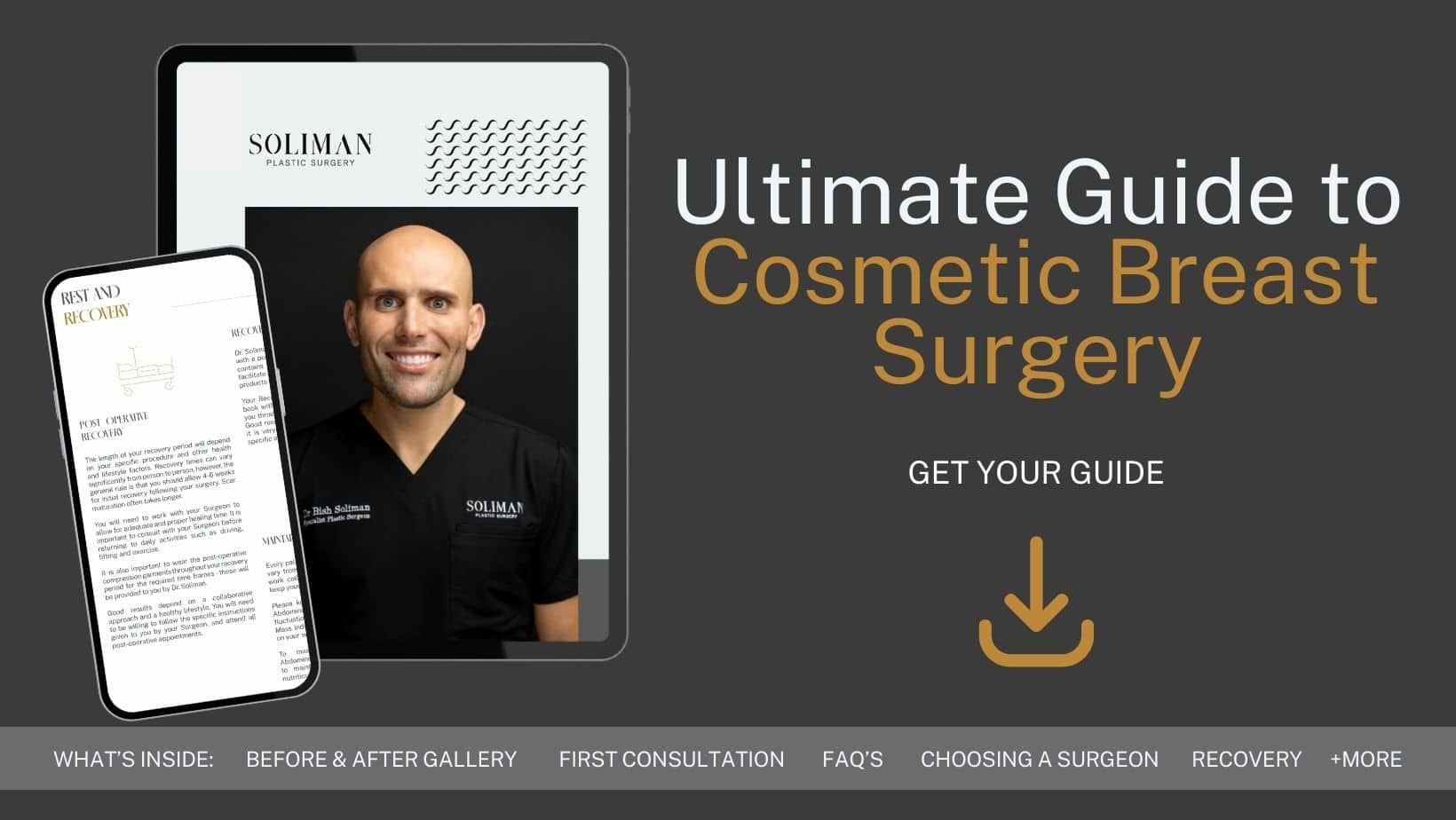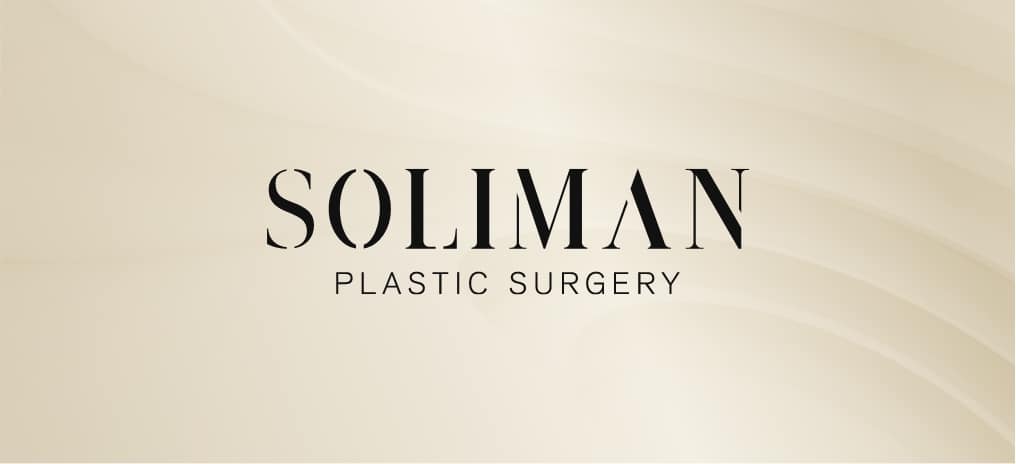Breast Implant Warranty and What It Covers
When considering breast augmentation, one aspect often overlooked but of significant importance is the warranty that comes with breast implants. Breast implant warranty is an agreement provided by the implant manufacturers. They are designed to protect patients against certain unforeseen complications that might occur with the implants after the surgery. These warranties typically cover issues like implant rupture or deflation and may offer financial aid for the cost of replacement surgery. However, the specifics of the coverage can vary widely between different manufacturers and types of implants.
At its core, a breast implant warranty is a guarantee provided by the manufacturer, which usually covers specific issues related to the implant, such as rupture, deflation, or severe capsular contracture. It’s an assurance that if such complications occur within a certain timeframe, the manufacturer will assist in managing the situation, often financially. This may include covering the cost of new implants or contributing towards the surgical costs of replacement or removal.
These warranties are particularly significant due to the nature of breast implants being long-term, but not lifetime devices. Understanding the specifics of these warranties can provide peace of mind and help in financial planning for future possibilities.
In this blog, Sydney Specialist Plastic Surgeon Dr Bish Soliman will discuss the frequently asked question, “Do my Breast Implants have a warranty?” in the context of breast augmentation surgery.
Download Dr Bish Soliman Cosmetic Breast Surgery Guide

Types of Warranties Offered by Manufacturers
Breast implant manufacturers generally offer two types of warranties: basic and extended.
- Basic Warranty: This is the standard warranty that comes with the breast implants and usually covers the most fundamental aspects like implant rupture. It typically offers replacement implants at no cost and may provide a limited financial aid for the surgical costs.
- Extended Warranty: Some manufacturers offer an optional extended warranty that provides broader coverage. This might include financial assistance for a longer period post-surgery and may cover additional complications beyond what the basic warranty includes. However, this extended warranty often comes at an additional cost.
Each manufacturer has its own terms and conditions for these warranties, so it’s vital to thoroughly understand the specific details. For example, some warranties might require registration within a certain period after surgery, and others may have specific conditions under which the warranty becomes void.
Breast implants, like any medical device, are subject to the complexities of manufacturing and the uniqueness of individual medical cases. Despite the high standards of quality and safety in their production, there is always a small risk of complications, some of which might not be apparent immediately post-surgery. This is where warranties play a pivotal role:
- Assurance of Quality: A warranty on a breast implant is a testament to the manufacturer’s confidence in their product. It signifies that the implants meet high standards of quality and durability.
- Risk Mitigation: In the rare event of a complication such as implant rupture or severe capsular contracture, a warranty ensures that the financial burden of rectification does not fall entirely on you.
- Regulatory Compliance: Manufacturers offering warranties are often those who adhere strictly to medical device regulations, indicating a commitment to safety and efficacy.
Common Terms in Breast Implant Warranties
Breast implant warranties come with specific terms and conditions that can vary from one manufacturer to another. However, there are several standard terms that you are likely to encounter:
- Coverage Duration: This term refers to the length of time the warranty is effective. Some warranties may cover you for several years, while others might extend for the lifetime of the implant.
- Capsular Contracture Coverage: Capsular contracture, a condition where scar tissue forms around the implant causing it to harden, is a risk associated with breast implants. Some warranties may cover surgery costs if this occurs within a specified grade and timeframe.
- Implant Rupture: This term applies if the implant breaks or leaks. Warranties often cover replacement implants and, in some cases, contribute towards the cost of the replacement surgery.
Understanding the Fine Print
The fine print in any warranty document is critical as it contains details that could significantly impact your understanding and expectations of the warranty coverage:
- Exclusions: Pay attention to what is not covered. For instance, warranties typically do not cover aesthetic dissatisfaction or complications arising from procedures not related to the implant itself.
- Claims Process: It’s important to know the process for making a claim under the warranty. This includes whom to contact, the documentation required, and the timeframe within which a claim must be made.
- Prorated Coverage: Some warranties offer prorated coverage, meaning the financial assistance provided decreases over time.
- Additional Costs: Be aware of any costs that are not covered by the warranty, such as surgical fees, hospital stays, or anaesthesia.
Types of Coverage Offered in Breast Implant Warranties
When you opt for breast implants, it’s essential to understand the types of coverage offered in the warranties provided by manufacturers. Understanding the types of coverage and their duration in breast implant warranties is vital in making an informed decision regarding your surgery. This knowledge provides reassurance that should any complications arise, you are aware of the protections in place and how they can assist you. It is always advisable to thoroughly discuss these details with Dr Bish Soliman and read the warranty documents provided by the implant manufacturer. Being fully informed about these aspects ensures that you can move forward with your decision, knowing precisely the extent of support and coverage available to you.
Breast implant warranties include a range of coverage options, each addressing specific complications that might arise:
- Implant Rupture: If an implant breaks or leaks, the warranty usually covers the cost of replacement implants. This is a standard coverage option offered by most manufacturers.
- Capsular Contracture: This condition involves the hardening of the tissue around the implant. Some warranties offer coverage for revision surgery in cases of severe capsular contracture, classified under specific medical grades.
- Implant Displacement: In some cases, implants may shift from their original position. Certain warranties may cover the cost of surgery to correct this.
- Infection: Though rare, if an infection is directly linked to the implant, some warranties might provide coverage for treatment.
It’s important to note that not all warranties cover all these issues, and the terms can vary significantly between different manufacturers and types of implants.
Duration of Coverage
The duration of coverage is another important aspect of breast implant warranties. This varies depending on the manufacturer and the specific warranty plan:
- Limited Time Coverage: Some warranties offer coverage for a specific number of years post-surgery. This duration is often between 5 to 10 years, depending on the manufacturer.
- Lifetime Coverage: In many cases, manufacturers provide a lifetime replacement policy for implant rupture. However, this does not always include the cost of surgery or other associated expenses.
- Extended Warranties: Some manufacturers offer extended warranty programs that you can opt into for additional coverage beyond the standard terms. These may come with an extra cost.
Popular Breast Implant Manufacturers and Their Warranties – Mentor and Motiva
When you are exploring options for breast implants, two names you will likely come across are Mentor and Motiva. These are among the leading manufacturers in the industry, each offering distinct warranty policies for their products. Understanding the nuances of these policies can aid you in making an informed choice tailored to your needs and expectations.
- Mentor: A well-established name in the breast implant industry, Mentor is known for its commitment to safety and quality. The company offers a range of implant types, including silicone and saline, each designed to cater to diverse preferences and requirements.
- Motiva: Relatively newer in the market, Motiva has quickly gained recognition for its innovative approach to breast implant design. Their products are notable for integrating advanced technologies to enhance safety and aesthetic outcomes.
While both Mentor and Motiva offer robust warranty policies for their breast implants, there are differences in the extent of coverage, financial assistance, and terms of service that are important to consider. As you weigh your options, it’s advisable to discuss these details with Dr Soliman, who can provide further insights based on your specific circumstances. Understanding the warranty offerings of these leading manufacturers ensures that you can choose the implants that best align with your needs, preferences, and expectations, providing you with reassurance and support for your decision.
Mentor Warranty Program:
- Coverage for Implant Rupture: Mentor provides a lifetime replacement policy for implant rupture, a standard offering in the industry.
- Capsular Contracture Coverage: Mentor’s warranty includes coverage for certain grades of capsular contracture, offering financial assistance for revision surgeries within a specified timeframe.
- Financial Assistance: The warranty may include a specified amount of financial assistance for surgical costs in the event of a covered complication.
- Transferability and Additional Terms: Mentor’s warranty is typically non-transferable, and it’s essential to register the implants post-surgery to activate the warranty.
Motiva Warranty Program:
- Innovative Coverage: Motiva’s warranty is known for its inclusion of a broader range of complications, including rupture and capsular contracture.
- Extended Financial Assistance: Motiva often offers an extended period of financial assistance for surgical costs, surpassing what many other manufacturers provide.
- Registration Policies: Like Mentor, Motiva requires registration of the implants to activate the warranty. However, they often provide a more extended period for this registration.
- Additional Benefits: Motiva sometimes includes unique benefits, such as coverage for a wider range of complications or conditions under its warranty.
How to Check if Your Breast Implant is Under Warranty
If you have had breast augmentation and are uncertain about the warranty status of your implants, it’s essential to take the following steps:
- Review Your Medical Records: Your initial step should be to consult your medical records. After your surgery, you should have received documentation that includes details about the type of implants used. This information is crucial for determining the warranty status.
- Contact Your Surgeon: Your plastic surgeon is a primary source of information. They can provide details about the implant manufacturer and the specific product used. Surgeons usually keep detailed records of their patients’ procedures, including the type and batch of implants.
- Check with the Manufacturer: Once you have the necessary information about your implants, you should contact the manufacturer directly. Most manufacturers have customer service departments that deal with warranty queries. They can inform you about the status of your warranty and any steps you might need to take to ensure its validity.
- Registration Status: Some manufacturers require that you register your implants after the surgery to activate the warranty. If you haven’t done this, check with the manufacturer if registration is still possible.
Necessary Documentation
To verify the warranty status of your breast implants, you’ll need the following documentation:
- Implant Details: This includes the make, model, and serial number of the implants. This information is usually provided in your post-surgery documentation.
- Surgery Date: The date of your surgery is important as it often determines the duration of the warranty coverage.
- Surgeon’s Contact Information: In some cases, the manufacturer might require confirmation from your surgeon who performed the procedure.
- Proof of Purchase: Some manufacturers might require proof of purchase or proof of the surgical procedure, which can be obtained from your surgeon or medical facility.
What Happens if a Breast Implant Fails?
In the event that your breast implant fails or encounters issues covered under warranty, the following steps should be taken:
- Immediate Consultation with Your Surgeon: If you suspect that your implant has failed (e.g., due to rupture, deflation, or capsular contracture), the first action is to consult with your surgeon. They will assess the situation and confirm whether the issue falls under the warranty coverage.
- Documentation of the Issue: It is essential to document the problem. This might involve medical examinations, MRI scans, or other diagnostic procedures as advised by your surgeon. This documentation will be necessary when making your warranty claim.
- Contact the Manufacturer: Once the issue has been documented, contact the implant manufacturer with the details of the problem. Provide them with the necessary documentation, including medical reports and evidence of the implant failure.
- Filing a Claim: Follow the manufacturer’s process for filing a warranty claim. This typically involves filling out a claim form and submitting it along with the required documents.
- Follow-up: After submitting your claim, it’s important to keep in touch with the manufacturer for updates on the status of your claim.
Limitations and Exclusions in Breast Implant Warranties
While breast implant warranties provide coverage for certain issues, it’s important to understand their limitations and exclusions:
- Aesthetic Concerns: Warranties generally do not cover dissatisfaction with the cosmetic outcome of the implants (e.g., size, shape, or symmetry).
- Non-Implant Related Complications: Issues not directly related to the implant itself, such as scarring or tissue changes, are typically not covered.
- Damage from Subsequent Surgeries: If the implant is damaged during another surgical procedure unrelated to the initial breast augmentation, this may not be covered.
- Lifestyle-Related Damage: Damage caused by certain lifestyle choices or activities may be excluded from coverage.
Common Exclusions in Warranties
Be aware of these common exclusions found in most breast implant warranties:
- Unauthorised Procedures: Any modifications or procedures on the implants not approved by the manufacturer can void the warranty.
- Improper Handling: Damage caused by improper handling or storage of the implants before surgery.
- Non-Certified Surgeons: Use of implants by surgeons who are not certified or not following the recommended surgical procedures can result in voiding the warranty.
FAQs about Breast Implant Warranty
Can the warranty on breast implants be voided, and if so, how?
- Yes, the warranty on breast implants can be voided under certain circumstances. This usually happens if the implants are handled or treated in ways not approved by the manufacturer. Examples include having unauthorised procedures performed on the implants, failing to follow the recommended post-operative care, or using non-certified surgeons for the initial implantation or subsequent revisions. Manufacturers provide specific guidelines that must be adhered to in order to maintain the warranty.
Are there any annual fees or additional costs associated with maintaining the breast implant warranty?
- It depends on the manufacturer and the type of warranty offered. Some warranties are comprehensive and don’t require any additional fees. However, extended warranties might come with annual fees or one-time additional costs. These extended warranties typically offer broader coverage or longer protection periods. It’s important to carefully review the warranty terms or consult with the manufacturer for precise information.
How does the process of claiming under a breast implant warranty work if I’ve moved to a different country since my breast augmentation surgery?
- The process for claiming under a warranty after moving to a different country can vary depending on the manufacturer’s policy. Generally, manufacturers have a global presence, and their warranties are valid internationally. You might need to contact the manufacturer’s local office in your new country. They will guide you on the process, which might include visiting a certified surgeon for an assessment. Be aware that there could be additional logistical challenges or limitations based on the geographical coverage of the warranty.
Does the warranty on breast implants cover the costs of associated medical tests, like MRI scans, if a complication is suspected?
- Warranties on breast implants typically do not cover the costs of diagnostic tests like MRI scans. These tests are usually done to confirm a complication before proceeding with a warranty claim. The costs for these diagnostic procedures are generally borne by the patient or covered by their health insurance. Some comprehensive warranty plans might offer partial coverage for diagnostic tests, so it’s advisable to check the specific terms of your warranty.
In the event of a company discontinuing a specific type of breast implant, how does this affect the warranty?
- If a specific type of breast implant is discontinued, the existing warranties on those implants generally remain valid until their specified expiration. Manufacturers are obligated to honour the terms of the warranty for the duration it was offered at the time of implantation. Replacement options under the warranty might be limited to the types of implants currently available from the manufacturer. It’s important to keep abreast of any updates or changes from the implant manufacturer and maintain communication regarding the status of your warranty.
Further Reading about Breast Implants Surgery with Sydney Specialist Plastic Surgeon Dr Bish Soliman
- Read more about Are My Breast Implants Ruptured?
- Read more about The Rise of Small Breast Implants
- Read more about Round vs Anatomical Breast Implants
- Read more about Why Dr Bish Uses Motiva Breast Implants
- Read more about All about Silicone Breast Implants
Medical References about Breast Implants
- What are the risks of breast implant surgery? – Medical News Today
- Risks and Complications of Breast Implants – Food and Drug Administration
- Breast Implants and Health Insurance: Facts About Costs – WebMD
- Will your breast implants last a lifetime? – American Society of Plastic Surgeons
- Product Warranty | Motiva®



